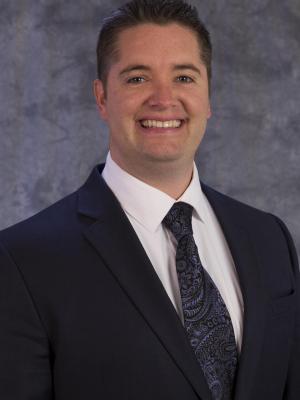We’re Stronger Together
With your help, we can advance education and improve student success in our community.


Associate Professor, Counseling and Family Science
My major responsibilities as an Associate Professor in CFS includes research, service and teaching. I am to enthusiastically encourage curiosity about the subject material, to facilitate the exploration of meaning through self-discovery and collective group-discovery, and to generate stimulating, active learning opportunities which resonate with multiple intelligences and various ways of learning. Although I cannot take responsibility for what each student decides to learn, I believe I should take responsibility for how students are encouraged to learn. I believe that values of compassion, integrity, excellence, and teamwork are paramount to education at the graduate level.
I closely identify with transformative learning theory because I believe my focus should be on how students learn new, elaborate upon, and/or transform old "frames of reference". This learner-centered, interdependent approach requires students to reflect deeply, think critically, and pursue group-discovery—such as through collaborative dialogue about social and cultural influences that impact their perspectives. This approach allows me to use principles from my improvisational theater background (such as humor, joining, and co-constructing reality) to help students collaborate with their peers to find new understanding.
Teaching is central to my career goals and is the main reason I pursued my PhD in Marriage and Family Therapy. I knew I wanted to teach, inspire, and lead students into becoming competent and compassionate clinicians and researchers. I believe leadership in the classroom should be shared between the instructor and the students, because the co-constructive nature of the classroom experience is substantially enriched whenever students feel safe enough to contribute their own expertise and perspective. Which means my rapport and relationship with students may be just as important as the course concepts. I believe it is imperative that the discovery process inherent in students' collaborative learning and individual value clarification, should not take a back seat to simple concept acquisition.
I have received helpful feedback from students and mentors which has helped me to improve my courses. Each time I teach a course, my understanding of the content improves, and my ability to connect course content with specific learning styles is enhanced. I believe the reciprocal nature of teaching allows me to learn as much from the students, as the students are able to glean from the course—and I am always thinking about how I could to leverage a particularly good class discussion into a similar type of discussion the following year.
I will continue to hone my teaching skills throughout my career, and in 21-22 I had an excellent opportunity to expand my “growth edge” by improving my online course delivery. This has been a challenging endeavor, but has helped me to clarify the structure, synthesize the content, and develop new ways of sharing this material. I believe that developing this online course will also enhance my ability to teach a similar course in-person. I expect that the more online courses I create, the better I will be at using technology to my advantage in various teaching settings.
With your help, we can advance education and improve student success in our community.